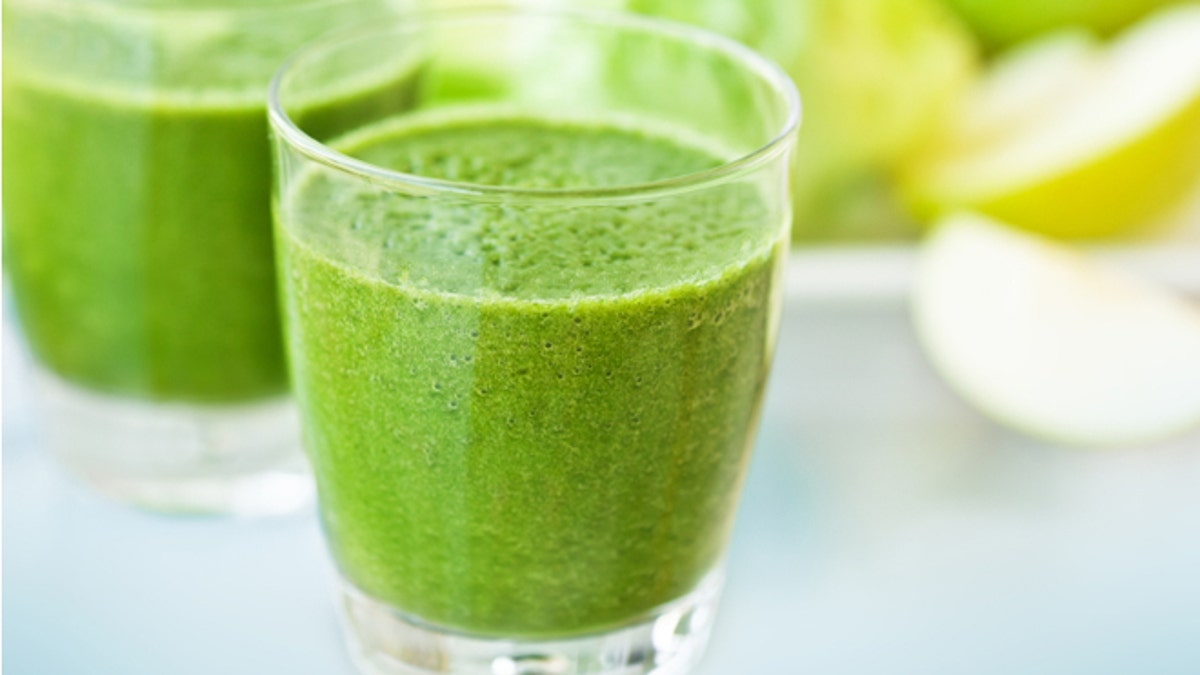
(iStock Photo)
Because there is so much conflicting health information in the media, you may have your own stigmas associated with certain foods. Below are some myth busters to address some common misconceptions about nutrition.
MYTH:Fruit juices are high in carbs and low in fiber.Juices do, in fact, have redeeming qualities for your health, and there are times when juice is uniquely beneficial. After a workout, for example, it helps replace fluids and blood sugar and provides nutrients. Juice also comes in handy when eating is simply not convenient - when you're driving, say, or traveling, but still want something with nutritional value. Be sure to drink 100% juice, with no added sweeteners, or no sugar added. But be careful; the calories quickly add up!
MYTH: Ketosis is good for you.This is definitely misleading. Ketosis is a sign that the blood is becoming too acidic. To combat this, the body takes calcium from the bones, which raises the risk of osteoporosis. In fact, the Nurses' Health Study showed that women on higher-protein diets had a higher risk of bone fractures. Ketosis can also damage the kidneys, cause bad breath, and trigger irregular heart rhythms that can cause sudden death.
MYTH: Eggs are bad for you. A study published in 1999 that followed 38,000 men and 80,000 women found that an egg a day had no impact on the risk of heart disease or stroke in healthy men and women. Eggs eaten in moderation, about 3 or 4 a week, are fine for most people. Health professionals advise people who already have high blood cholesterol to carefully watch their saturated fat intake and lose weight if they are overweight.
MYTH: Taking vitamins replaces the need for healthy foods. So-called whole foods like veggies and whole grains contain fiber and a host of other important nutrients that can't be adequately delivered through pills. In fact, scientists are still finding new "trace elements" in whole foods that may someday be labeled essential to health - but aren't found in any pill. Many experts will tell you that taking vitamins doesn't compensate for a healthy diet.
